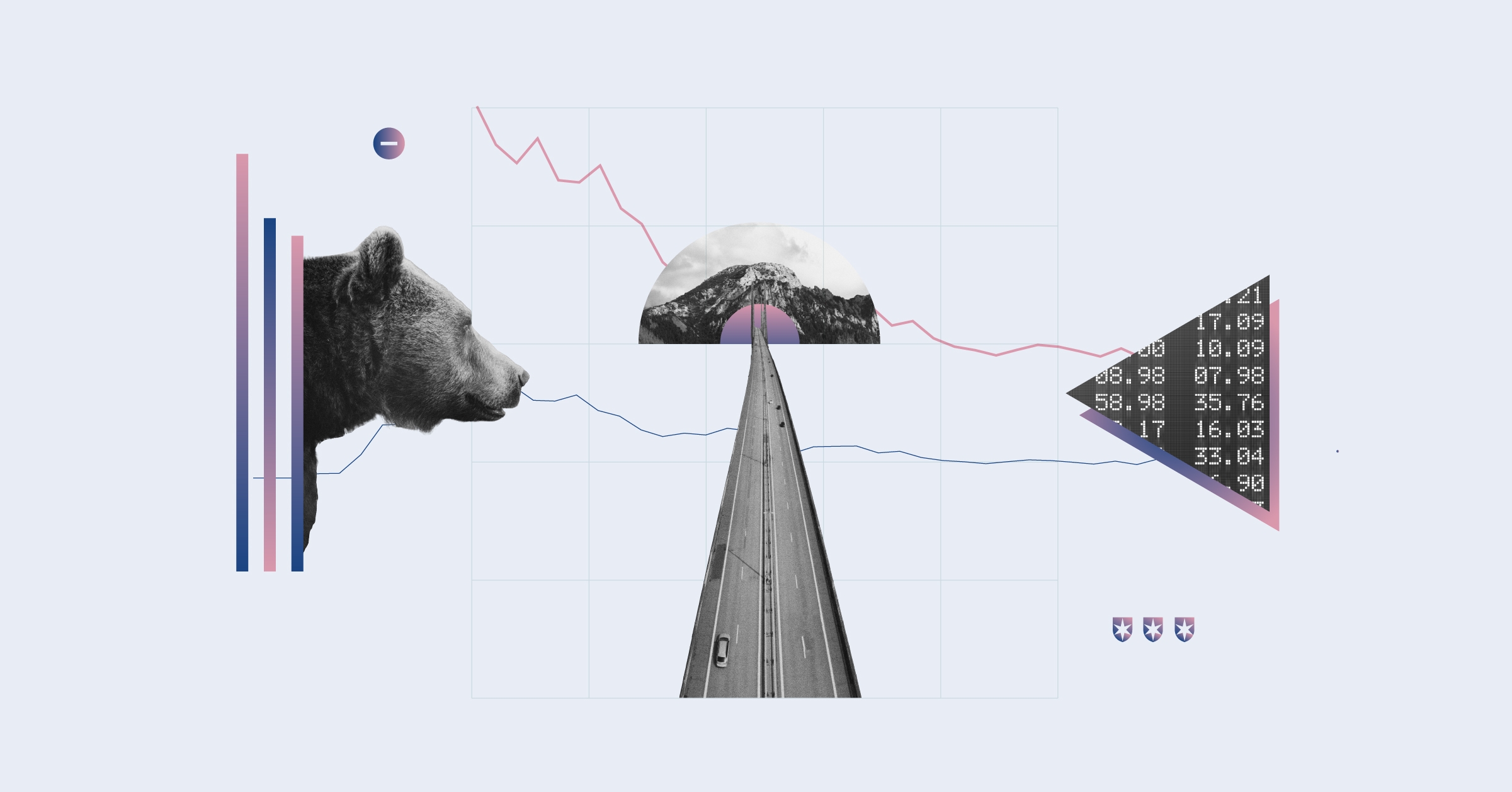Satisfied with the multi-year performance of its pretend portfolio of emerging-markets stocks, Mawer Investment Management Ltd. today launched the real thing: Mawer Emerging Markets Equity.
"Since 2012, we've been managing a model emerging-markets portfolio, a hypothetical stock portfolio," lead manager Peter Lampert told Morningstar. "Based on those results, we have the confidence that we have the capabilities to put together a good portfolio of purely emerging-market companies."
Lampert says the Calgary-based firm draws on the experience of investing in emerging markets through Mawer International Equity and Mawer Global Equity. For example, about 15% of the holdings in Mawer International Equity are invested in emerging-markets companies.
Mawer, the winner of the Morningstar Analysts Choice Fund Company of the Year in 2014, maintains a 25-person research team of investment professionals located in Calgary, Toronto and most recently Singapore, where Mawer opened an office in 2013.
"We already have our team travelling the world, turning over stones and finding investment opportunities," says Lampert. "As long-term investors we see an opportunity, but the launch of the fund is not because of any market timing or investment call that emerging markets are attractive right now."
Mawer is applying the same investment strategy to emerging markets as with all of its mandates, with an emphasis on excellent management teams and buying stocks when they're trading at attractive valuations. "We focus on quality businesses that can ride out the storms and focus on holding them for the long term," Lampert says.
The fund's holdings will be based on the model portfolio of about 80 stocks, of which the top 50 account for about 80% of the weight. Mawer's picks will be drawn from the roughly 6,000 constituent stocks in the MSCI Emerging Markets Index with market capitalizations greater than US$250 million.
The fund's strictly bottom-up approach to stock selection makes it different from fund managers who use a top-down approach and begin the investment process by trying to forecast which countries or sectors will be the best performers.
"The fund will definitely look very different from the MSCI Emerging Markets Index," says Lampert. "There's a wide dispersion in companies and stock returns in this less efficient investment universe," he says.
An example of how the Mawer fund will differ from its market benchmark is the firm's aversion to investing in Chinese state-owned banks, which are some of the biggest emerging-markets companies and are commonly held in mutual funds and exchange-traded funds.
The Mawer team views these banks as having conflicts of interest because they also have a government stakeholder to look out for, in addition to shareholders as a whole. "We generally avoid those types of companies," says Lampert, "and invest in great businesses, run by entrepreneurs and managers looking to maximize value for shareholders."
An example of a Chinese company that Lampert does like is ![]() Tencent Holdings Ltd. (TCEHY). The company has more than 800 million social-media users, and excellent growth potential. With many foreign websites blocked or filtered by Chinese censors, "it's a real advantage for the local, home-grown companies like Tencent," says Lampert. "This is a fantastic business and we're very happy to be long-term shareholders."
Tencent Holdings Ltd. (TCEHY). The company has more than 800 million social-media users, and excellent growth potential. With many foreign websites blocked or filtered by Chinese censors, "it's a real advantage for the local, home-grown companies like Tencent," says Lampert. "This is a fantastic business and we're very happy to be long-term shareholders."
LIC Housing Finance Ltd. (LHFLY), one of the biggest mortgage lenders in India, is another favoured company. "As you can imagine," says Lampert, "there's huge growth in terms of urbanization, more people moving to the cities and buying their first homes and apartments. LIC Housing Finance is a trusted brand with a distribution network in the country, with growth opportunities."
A Brazilian holding is BM&F Bovespa, which operates the stock exchange in Brazil. "They're the only exchange in Brazil," says Lampert, "and they earn a fee every time somebody buys or sells a stock in Brazil. It's certainly volatile in the stock market generally, but over a long period they've shown that it's a highly profitable business. It generates great cash flows and is a fantastic monopoly business."
On a cautionary note, Lampert acknowledges that emerging markets can be expected to be more volatile than developed markets. The new fund, he says, is for investors with a higher risk tolerance and a long-term horizon, and as a portion of an overall balanced portfolio.
















